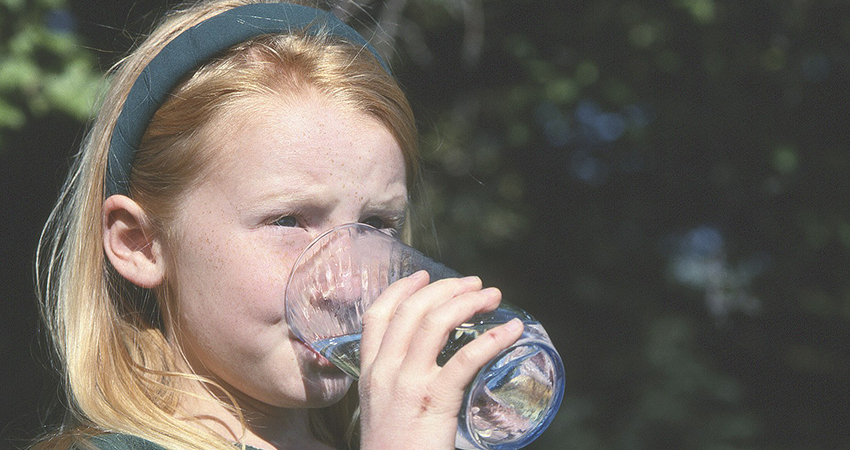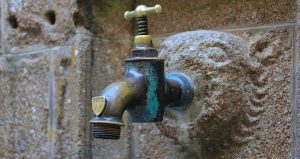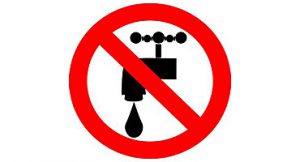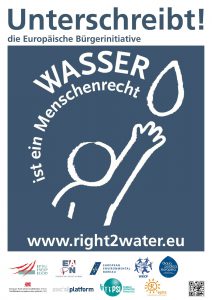UN expert slams Dutch court decision to disconnect children from water supply

-
 Fergal MacErlean
Fergal MacErlean
Share article:
A United Nations Special Rapporteur has spoken out after a Dutch court ruled that children do not have a right to water in their home if their parents fail to pay the bills. Judges at the District Court of the Hague found last April that children’s rights are not infringed if a water company cuts off the supply.
Defence for Children and Dutch human rights lawyers association NJCM had argued that under the UN Convention on the Rights of the Child and the European Convention on Human Rights, children have the right to clean water. The organisations sued two water companies and the Dutch government, arguing that as a legal principle, families with children must not be cut off.
UN rapporteur disapproves court decision
After a two year case, the court in the Hague found that while a particular child’s right to clean water might be infringed if cut off from water, ‘in general, this is not unlawful towards children’. Defense for Children and the NJCM appealed the ruling. Speaking on the Dutch NOS News Hour programme in February 2023, Pedro Arrojo Agudo, UN Special Rapporteur on the human rights to safe drinking water and sanitation, said: “All my respect to the judge but as UN special rapporteur on the human rights of drinking water and sanitation I don’t agree with this decision. Of course each country must debate with society what is the basic amount of water that everybody needs.”
Cutting off as a last resort
Describing the human right to water as an ‘obligation of the state’ the UN Special Rapporteur said the state must look at how to manage it and guarantee a set amount for a ‘dignified life’. The Dutch state and the water companies Dunea and PWN submitted their defence to the appeal in mid-February 2023. In response to News Hour questions the Ministry of Infrastructure and Water Management said: “If customers do not pay their drinking water bills, the water company has the right to suspend the supply of drinking water by means of disconnection. “Disconnection is only allowed as a last resort. A water company must, for instance, make an effort to enter into personal contact with a customer who does not pay his bill. Drinking water companies do the same.”
Dutch families disconnected
In the Netherlands more than 500 families are disconnected due to non-payment each year; water companies maintain that usually a debt repayment plan is agreed and the supply is reconnected within 24 hours. Under Dutch law, anyone who is cut off from water is to receive a minimum allocation of three litres of water per person per day. According to the World Health Organization, between 50 and 100 litres of water per person per day are needed to ensure that most basic needs are met and few health concerns arise. An average person consumes 130 litres of water per day in the Netherlands.
UN Right to Water
In 2010 the United Nations General Assembly explicitly recognized the human right to water and sanitation and acknowledged that clean drinking water and sanitation are essential to the realisation of all human rights. The Resolution calls upon States and international organisations to provide financial resources, help capacity-building and technology transfer to help countries, in particular developing countries, to provide safe, clean, accessible and affordable drinking water and sanitation for all. In 2012 the first European Citizens Initiative (ECI) ‘Water is a Human Right’ collected nearly 1.9 million signatures across Europe to safeguard this right. In 2015 the European Parliament voted for legislation on the ‘Human right to Water’. After this request the European Commission partly addressed the demands of Right2Water in their proposal of the new Drinking Water Directive.
Loopholes in European legislation
In 2019 the European Council decided not to strengthen the right to water for vulnerable people in the EU as proposed by the European Commission. Right2Water said: “There is merely a reference to the European Citizens’ Initiative Right2Water. There are no clear and unambiguous legal obligations on Member States to ensure people access to safe and clean drinking water in line with the right to water and sanitation as adopted by the UN. There are too many loopholes.”
Differences between Member States
Across Europe there are different stances on the right to water. It is illegal for water to be cut off to a home in France, the United Kingdom, Austria and Switzerland, among other countries. In Hungary, pressure may be reduced in the event of non-payment of water bills, but at least 50 litres of water per person per day must be maintained. In Germany, the local government usually pays the bill rather than cutting the supply.

















